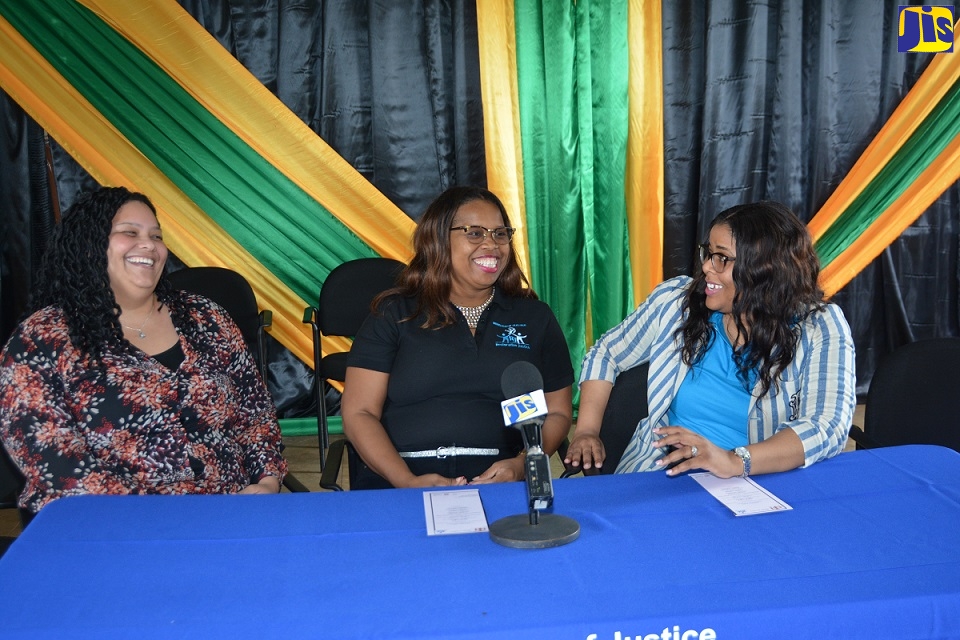Important Role of Restorative Justice Highlighted
By: , February 8, 2019The Key Point:
The Facts
- “It [restorative justice] continues to be important in the effort to circumvent what we commonly refer to as jungle justice here in Jamaica. Restorative justice really gives males, women and young people the opportunity to be heard. It allows for the victims to tell their truth [and] for the offender to hear how the crime they have committed has impacted not only the victim but the community at large,” Dr. Whyte said.
- She was speaking at a Restorative Justice Youth Empowerment session, held at the Hilltop Juvenile Correctional Facility in Bamboo, St. Ann, on Tuesday, February 5.
The Full Story
Coordinator of the Restorative Justice Unit in the Ministry of Justice, Dr. Kahilah Whyte, says restorative justice continues to play a pivotal role in circumventing conflicts in the Jamaica society.
“It [restorative justice] continues to be important in the effort to circumvent what we commonly refer to as jungle justice here in Jamaica. Restorative justice really gives males, women and young people the opportunity to be heard. It allows for the victims to tell their truth [and] for the offender to hear how the crime they have committed has impacted not only the victim but the community at large,” Dr. Whyte said.
She was speaking at a Restorative Justice Youth Empowerment session, held at the Hilltop Juvenile Correctional Facility in Bamboo, St. Ann, on Tuesday, February 5.

Dr. Whyte informed that more persons are turning to restorative justice, with 810 conferences held at its 14 centres across the island in 2018. Of the 810 conferences conducted, 691 led to an agreement to resolve the conflict.
“Currently, we have an 85 per cent agreement rate, which means that when victims and offenders get together, more often than not they will come up with an agreement. The agreement highlights tenets that they would like to have followed, whether it is restitution, the issue of an apology, doing some community service or giving back after a crime has been committed,” she noted.
The session was held as part of activities to mark Restorative Justice Week, which is being observed from Sunday, February 3 to Friday, February 8, under the theme ‘A Restorative Approach to School to Prison Pipeline in Jamaica’.
The 30-plus males at the Juvenile facility were educated on the value of restorative justice and how the process can be used to resolve conflicts.




